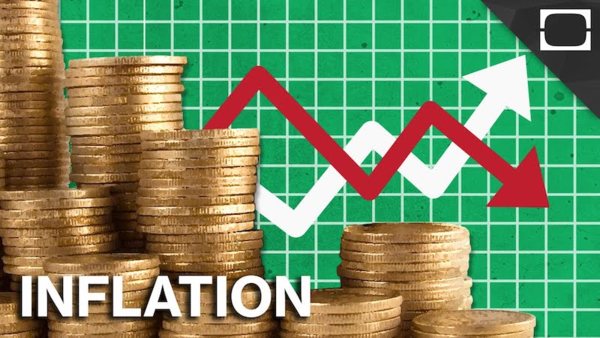A projection from Stears suggests that Nigeria’s inflation rate could potentially climb to 30 percent by the conclusion of 2023.
As it introduced its Pan-African inflation forecasts, the data-driven insights provider stated that Nigeria’s annual inflation rate is projected to increase steadily, reaching a peak of approximately 30 percent by the year’s end, a level unseen since the inception of the country’s modern democratic phase.
According to the company, their projections rest on dependable econometric tools that take into consideration a wide array of factors influencing inflation, including both general and country-specific dynamics.
In a statement, Stears’ Head of Insights, Fadekemi Abiru, said, ‘In September, we saw the exchange rate premium—the differential between official and parallel rates—rise to 25.2 per cent, which is a significant increase from what it was in August.’
‘We expect this gap to keep widening and exerting further inflationary pressures unless we see significant dollar inflows into the economy. We have also had heavy and prolonged rainy season, which has affected harvests. Following the recent release of Nigeria’s September 2023 inflation data, the country’s forecasts have been prioritised, with Kenya’s projections scheduled for early November and forecasts for other African nations coming in early 2024.’
Read also: Nigeria’s Inflation Continues To Soar, Hits 26.72% in Sept
The company emphasized that its predictions are designed to provide guidance to businesses, professionals, and policymakers in making well-informed decisions regarding pricing, investments, and policy choices in the short-to-medium term. Furthermore, it stated that its inflation forecasts, spanning from October 2023 to December 2024, encompass both average and year-end projections for the years 2023 and 2024.
Ranking among the nations with the highest inflation rates globally, Nigeria saw approximately four million people plunged into poverty between January and May 2023, primarily due to the deteriorating affordability of basic necessities.
The World Bank has stated that the elimination of fuel subsidies and the devaluation and unification of the exchange rate system will keep driving up inflationary pressures in the nation in the near term, ultimately corroding the purchasing power of the average Nigerian.
In its recent Africa Pulse report, the World Bank noted, ‘The incoming Tinubu administration implemented a series of reforms that included the removal of fuel subsidies and the devaluation and unification of the exchange rate system.’
‘Petroleum prices have more than tripled since the subsidies were lifted at the end of May. The naira has weakened by nearly 40 percent against the US dollar since the mid-June devaluation. Although these measures are intended to improve the fiscal and external accounts of the nation, their inflationary effects in the near term can erode the purchasing power of households and weigh on economic activity.’
Currently, the inflation rate in the country has surpassed the World Bank’s forecasted inflation rate of 25 percent for the year 2023 by a substantial margin.
The International Monetary Fund, in its latest World Economic Outlook report, projected that the ongoing high inflation is expected to dampen Nigeria’s economic growth, bringing it down to 2.9 percent in 2023.

